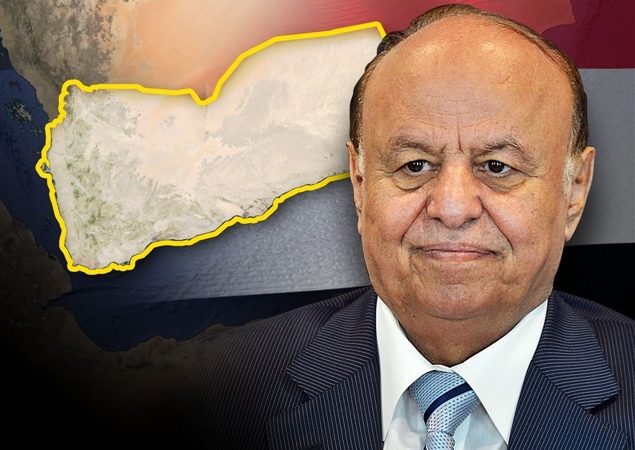Libya
The deadline for Libyan factions signing a power sharing agreement to form a Unity Government passed on Sunday without signature. As a result the UN have pushed back the deadline to October 20th after the Eid holiday. In addition, it has been made clear that no further changes to the text of the agreement will be allowed. It is now up to Libya’s governments to decide whether they want to sign it.
 Ben Stewart, General Manager at leading maritime security company MAST (Singapore), said: ‘As the chaos continues Libya’s oil infrastructure is collapsing. The Arabian Gulf Oil Company (AGOCO) has had its budget cut significantly.’
Ben Stewart, General Manager at leading maritime security company MAST (Singapore), said: ‘As the chaos continues Libya’s oil infrastructure is collapsing. The Arabian Gulf Oil Company (AGOCO) has had its budget cut significantly.’
He added: ‘AGOCO, which is a subsidiary of the National Oil Company (NOC), was responsible for 25% of Libya’s oil production prior to the civil war. The budget cut will affect salaries, the provision of spares, the payment of suppliers and their oil output. The country’s production is already down to only 20% capacity and this will reduce it further.’
Yemen
There has been very little movement in Yemen in the past few weeks. The exiled President Hadi has returned to Aden. A team of Ministers including the Prime Minister had returned the week prior to Hadi in order to establish the bones of an interim administration.
The port in Aden remains fairly safe and under the control of Coalition forces. There have been no further reports of the Coalition bombing Hodeidah, however, it cannot be ruled out.
Somalia
A survey of Somalis imprisoned for piracy has been conducted by the United Nations Office of Drugs and Crime (UNODC) and Ocean’s Beyond Piracy (OBP). The key findings suggest the main cause of piracy was the poor economic conditions. Illegal fishing was another factor which helped rationalise their reasoning.
The naval patrols combined with the threat of prison and the use of armed guards on board vessels were cited as the deterrents and fears of continuing with piracy.
Commenting on a separate report that has, for the first time, tracked foreign fishing in Somalian waters, Stewart said: ‘Illegal, unreported or unregulated fishing is a serious issue for the Somalians. Foreign fishermen take three times the amount of fish than the local population. There has been discussion in the past that naval forces might aid in policing fishing rights in Somalia’s waters.’































